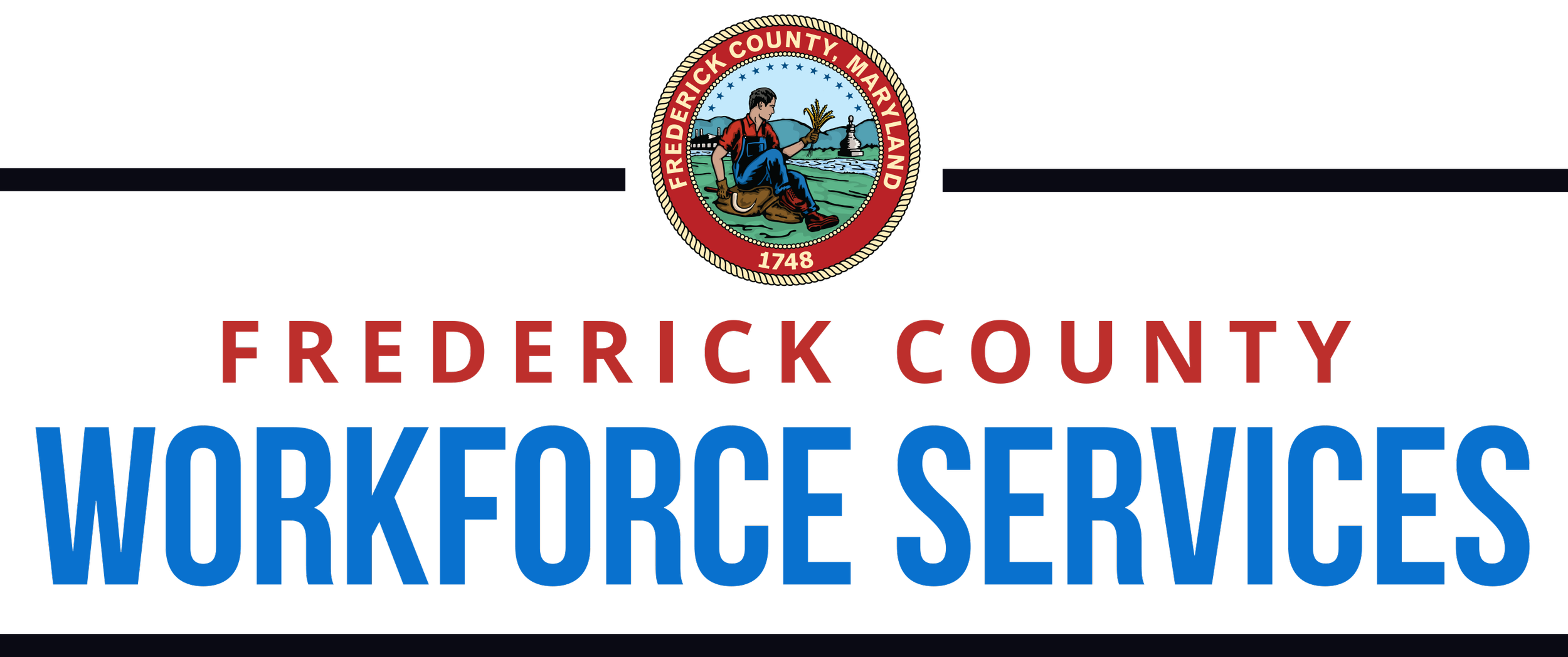Beyond the Job: What Employers Really Expect
By Patti Lyman, MA, CWDP, CPRW, Employment and Training Consultant
What are Employer Expectations?
Employer expectations are basically what they want to see from you beyond just doing your job. These might vary depending on the field, but most employers look for things like motivation, teamwork, and respect — for yourself and for others. Knowing what’s expected and working to meet or even exceed those expectations can really help you grow in your role and move your career forward.
Employers aren’t just looking for skills — they want people who care, contribute, and grow.
Reliability: Show up on time, meet deadlines, and be consistent.
Professionalism: Dress appropriately, communicate well, and stay focused.
Team Spirit: Help colleagues, collaborate, and maintain a positive attitude.
Growth Mindset: Be curious, ask questions, learn from mistakes, and aim to improve.
Here is a list of expectations employers may have for their employees:
1. Have a Positive Attitude
Employers value a positive attitude that fosters a cheerful and supportive work environment. When employees bring optimism to their interactions, it boosts morale and enhances the overall workplace experience. To stay positive at work, focus on the aspects of your role that motivate you, challenge yourself to achieve more, and surround yourself with encouraging colleagues.
2. Dress Properly
It's important for employees to dress appropriately for the work environment they are in because clothing can help to present a professional image of the company to customers and other members of the public. Many companies have dress codes listed in their employee handbook that can guide you on what you can wear while on the job.
3. Be Punctual
A great way to show your motivation and professionalism is to be punctual for your job. Being punctual shows your commitment to planning and overall respect for your employer's requirements. Punctuality can also help you advance in your career because your employer may see you as organized and reliable.
4. Be Dependable
Employers want to trust that their employees are working efficiently and that they can depend on their employees to produce their best work. For example, if an employer assigns you a project that is due tomorrow, they know they can depend on you to finish the project quickly without lowering the quality. You can be dependable by staying organized and being consistent in your work, which shows employers they can trust you to do your job.
5. Help Others
Employers value leadership skills in employees, and one way to show leadership skills is by helping your colleagues. You may offer to help colleagues by assisting them with projects, answering questions they may have or lowering their workload by taking on some of their work. By assisting your colleagues, you can also establish connections and build relationships that can help contribute to a friendly environment.
6. Demonstrate a Desire to Grow
Employers don’t just hire who you are — they invest in who you can become. When you show genuine curiosity, seek feedback, take on new challenges, or pursue professional development (like workshops, certifications, or mentorships), it signals that you're committed to both personal and organizational growth.
7. Communicate Effectively
Employers expect their employees to communicate their needs, ideas, and opinions effectively. It's important for employees to express their thoughts to others constructively, which requires verbal and written communication skills. Be aware of your non-verbal communication, such as body language and facial expressions.
8. Meet Deadlines
Employers typically require their employees to meet their deadlines consistently. Meeting deadlines can help a company reach its goals, maintain organization and deliver its services more efficiently. To better meet deadlines, prioritize projects by the due dates, plan enough time to finish each task and organize deadlines in a calendar or planner.
9. Be Self-Motivated
Employers value employees who are self-motivated and have an inherent drive to finish their work and to do their work well. Employees who are self-motivated can finish a project on their own without being closely managed. You can work on being self-motivated by focusing on one project at a time and writing a list of steps that can help you finish your work independently.
10. Learn from Your Mistakes
Employers understand that their employees make mistakes from time to time. Instead of being discouraged by your mistakes, use your mistakes as a learning experience. To better learn from your mistakes, remember what caused the mistake in the first place to avoid that error in the future.
11. Work Hard
An important quality for an employee is they consistently work hard to perform their best. Employers can see you are working to the best of your ability, and they can assist you as you develop within your role. When you give your best effort, your employer can better recognize the value that you bring to the workplace and see your commitment to the organization.
Final Thoughts
Meeting employer expectations isn’t about being perfect—it’s about showing up with purpose, professionalism, and a willingness to grow. When you bring a positive attitude, take initiative, and stay open to learning, you’re not just doing your job—you’re building a reputation and a future.
Whether you're just starting out or looking to level up, these qualities can set you apart and help you thrive in any workplace.
